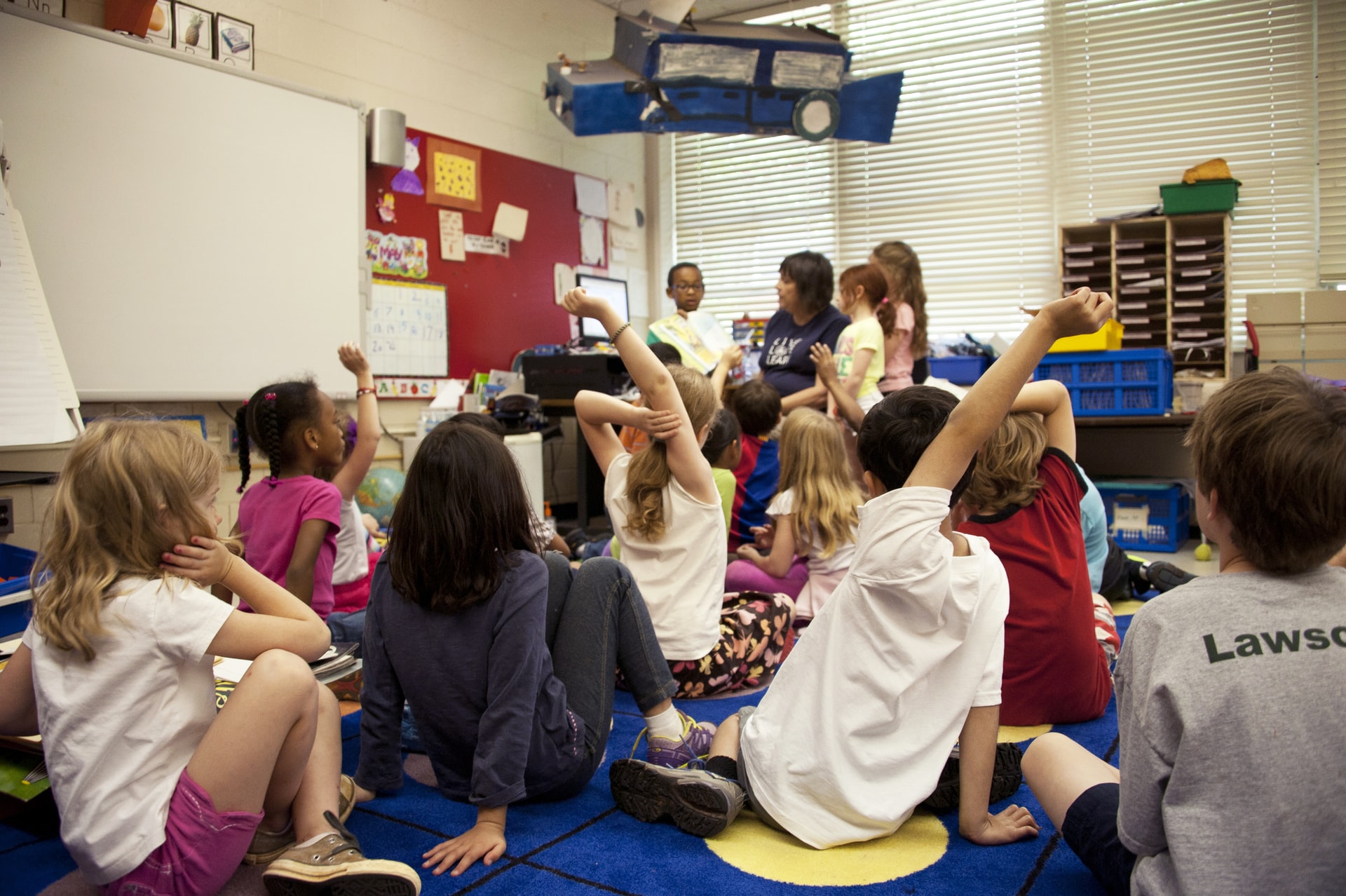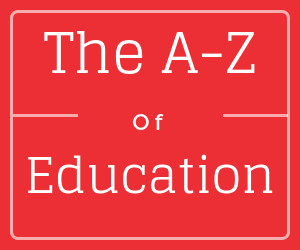Collaborating/Mentoring Teacher: Everything You Need to Know

This is a teacher that monitors and supervises aspiring teachers during their field experience placement. The mentor teacher is often an experienced teacher within the institution. The objective of mentor teachers is to provide aspiring and new teachers with support, advice, and guidance to improve their teaching skills. Mentoring works best when it’s performed as part of a structured developmental program. It may involve all or any of the following:
· Identifying strengths and weaknesses
· Identifying developmental needs and interests
· Observing lessons and arranging peer observations
· Action planning
· Coaching on aspects of teaching practice
· Reviewing progress
Mentor teachers’ activities benefit everyone involved in the process: the mentee, the mentor, and the institution.
For the aspiring teacher:
· Opportunities to reflect on their present teaching methods
· Opportunities to explore new ideas and try out different methodologies and approaches
· Support in finding solutions to problems
· Opportunities to perform action planning
· Opportunities to better the classroom experience of students as they become more knowledgeable and confident
For the mentor teacher:
· Opportunities to develop experience, knowledge, and skills in coaching and mentoring
· Opportunities to improve feedback skills, methods, approaches, and delivery techniques
· Opportunities to enhance the level of insights into problems teachers face
For the institution:
· Identification of training needs to meet educational policies and standards
· Insights into the strengths and areas for development of the teaching team
· Improved standards as aspiring teachers develop expertise
The top qualities of good mentor teachers include:
Active listening: Active listening is an important skill for all teachers, and it’s particularly crucial in mentor-mentee communication. Good mentor teachers pay close attention to the verbal, non-verbal, and emotional messages they receive from the mentees and provide feedback.
Intervention: New teachers are typically expected to hit the same high targets for professional responsibilities and student learning outcomes as their experienced counterparts. Good mentor teachers intervene to ensure that new teachers’ responsibilities are aligned with their experience and equitable. This may mean that the mentor interferes when the mentee is overloaded, requests additional resources, or offers help that takes some items off the new teacher’s to-do list.
Connecting new teachers to communities of practice: In education, a community of practice is usually a group of teachers committed to teaching and their students. Members regularly interact and share their teaching practices to develop collective competence. Good mentor teachers bring aspiring teachers into their communities of practice and encourage them to build their own.






